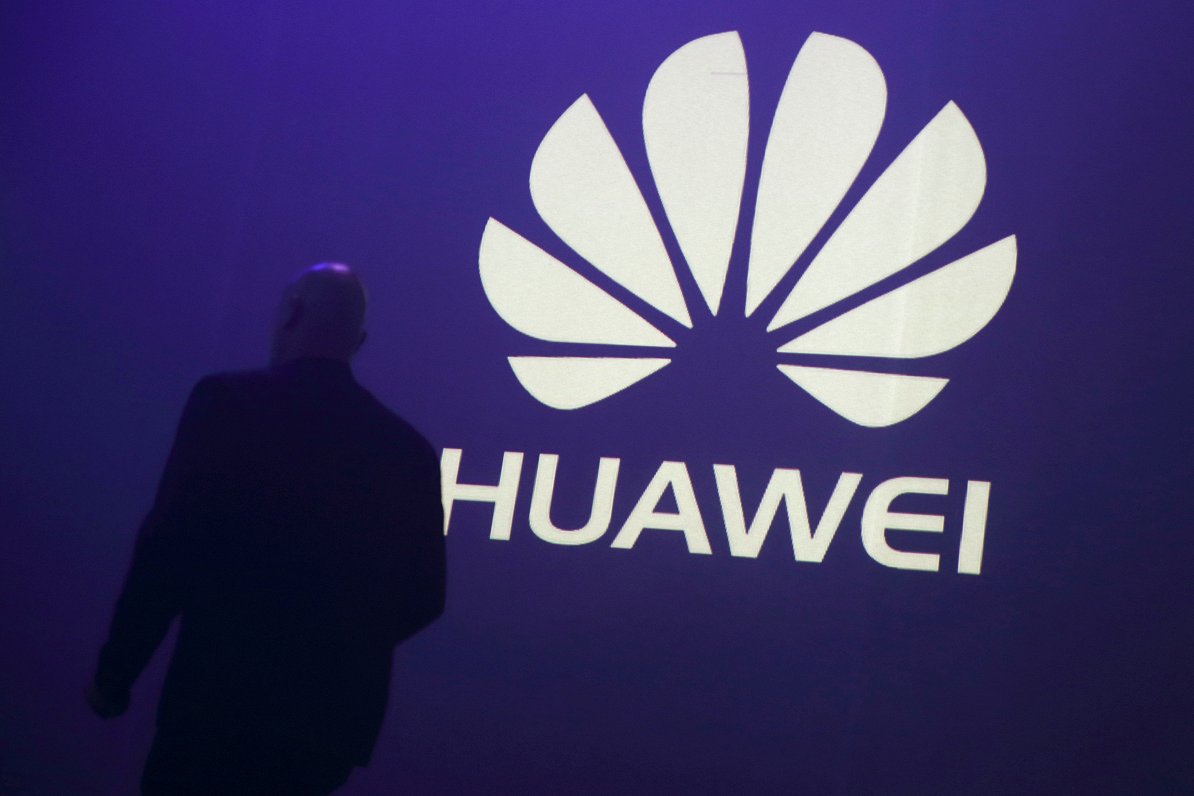Investments in 5G networks are also planned by telecom operators in Latvia - the first frequency auctions have already taken place, and the country has hopes to maintain its status as possessing one of the fastest internet access speeds in the world.
Considering the ambitious development plans, the issue of how trustworthy the Chinese technology company Huawei is has become topical following recent arrests of Huawei executives on suspicion of espionage and sanctions breaking in other countries and worries about the huge company's close ties to an increasingly assertive Chinese state apparatus.
Several countries, led by the United States, have already announced that Huawei will not be allowed to participate in the deployment of the 5G network.
By 2020, each Member State of the European Union should ensure that its citizens have access to a 5G network. This is provided for by the European Telecommunications Rules approved at the end of last year.
Concerns that Huawei's technologies can be used for unauthorized extraction of sensitive information, were expressed by European Commission Vice-President and former Estonian Prime Minister Andrus Ansip who, at the end of last year, said:
"Should we worry about Huawei and other Chinese companies? Yes, I think we have to worry about them, because there is a new law in China that requires their information technology companies and manufacturers to work with the intelligence services. It is a so-called built-in vulnerability... It is not a good sign when companies are asked to provide access to their systems for secret services. ”
Valters Bajārs, Director of Communications at the Ministry of Transport, responsible for Latvia's telecommunications sector, admits that an assessment of whether Huawei's involvement in the implementation of 5G technologies should be restricted has not yet taken place.
“Primarily we see that it is within the competence of CERT [national cyber-security agency] and the Ministry of Defense. Other competent authorities such as SAB [external security agency], could, for example, make recommendations on these security risks.
"For 5G networks, the same security risk assessment mechanisms are already in place for any other data transmission network, be that 4G or another public telecommunications network. The only difference is that there is a fairly substantial change of infrastructure that is more complex than the existing networks. The expected number of devices is a lot larger,” says Bajārs.
Two years ago, before the current security concerns emerged, Huawei's chief security officer in the United States spoke at CERT.lv's annual conference. In recent weeks the company has launched strenuous efforts to defend its reputation in the wake of negative media coverage.
"Neither #Huawei, nor I personally, have ever received any requests from any government to provide improper information": remarks by Ren Zhengfei during yesterday's media roundtable: https://t.co/b40L4AeYUK Find out more about #Huawei: https://t.co/vXNvjxVeCC #DigitALL pic.twitter.com/bJM8J5ECZI
— Jakub Hera Adamowicz (@jakubadamEU) January 16, 2019
It is also making a point of saying it "deserves inclusion" in the development of domestic 5G networks, arguing that "Much of the recent media reporting about the potential security threat posed by Huawei telecommunications and networking equipment, and Huawei consumer electronics products, is poorly informed and smacks of hysteria."
The company does admit that "Some of Huawei’s early research knowledge may have come from China’s global industrial espionage program" but adds "Huawei is now more likely to be the target of industrial espionage and intelligence collection than the beneficiary of it."
Bajārs points out that the Chinese technology giant is currently a very significant player in the telecommunications infrastructure market:
"Huawei is one of the leading network technology manufacturers with a market share of about 30% globally. And these technologies are widely used, including in Europe,” he says.
Huawei routers and other equipment are already a common sight in many Latvian homes and businesses, often being the default choice supplied when people subscribe to a service package. Partially state-owned Lattelecom offers many Huawei products as do its competitors. It has an impressive Latvian-language website and Facebook page.
Latvia has already held the first frequency auctions for the 5G network. More will take place this year. Initially 5G Internet is expected to be used for industrial purposes rather than the general consumer market.






























